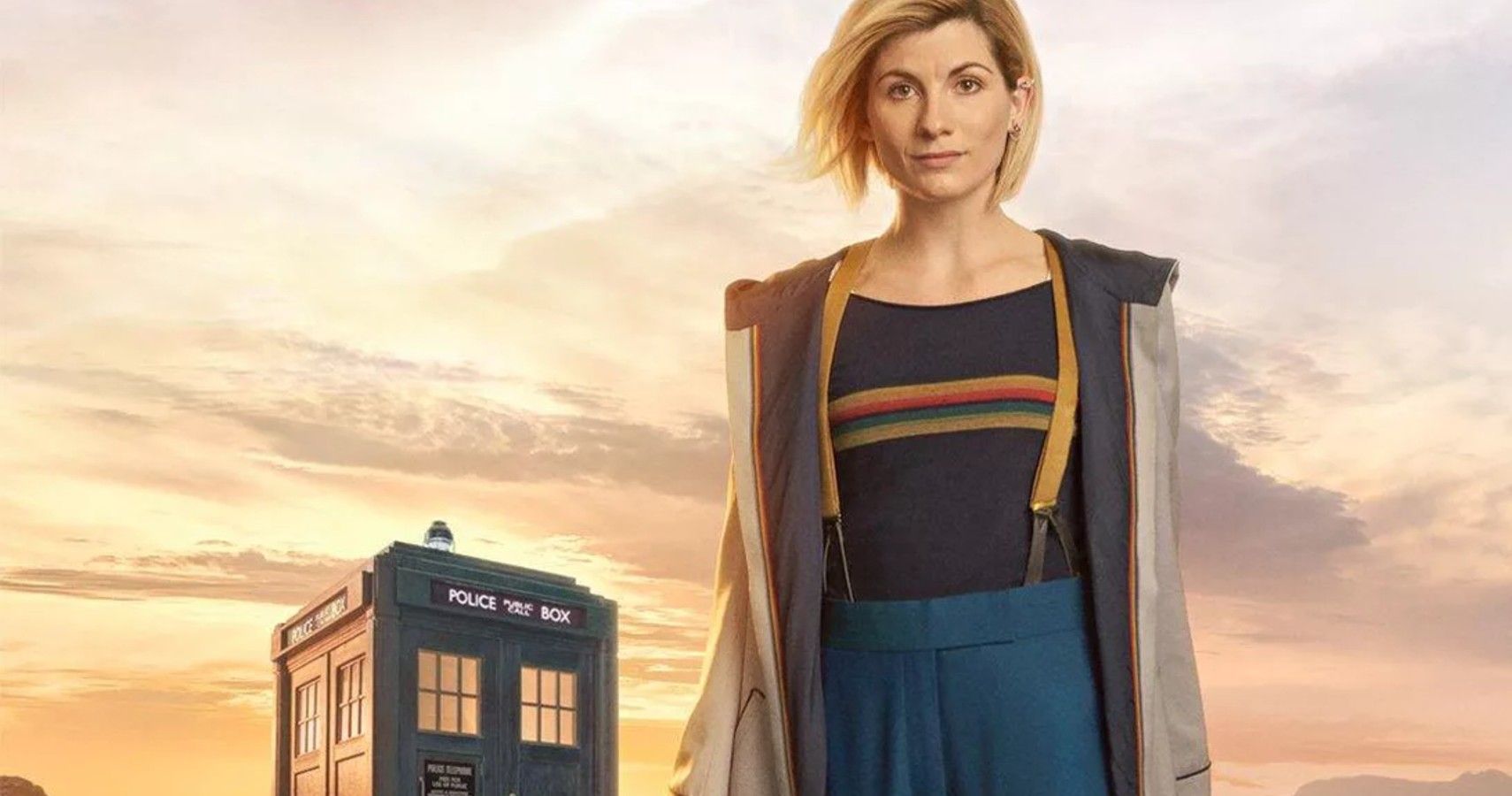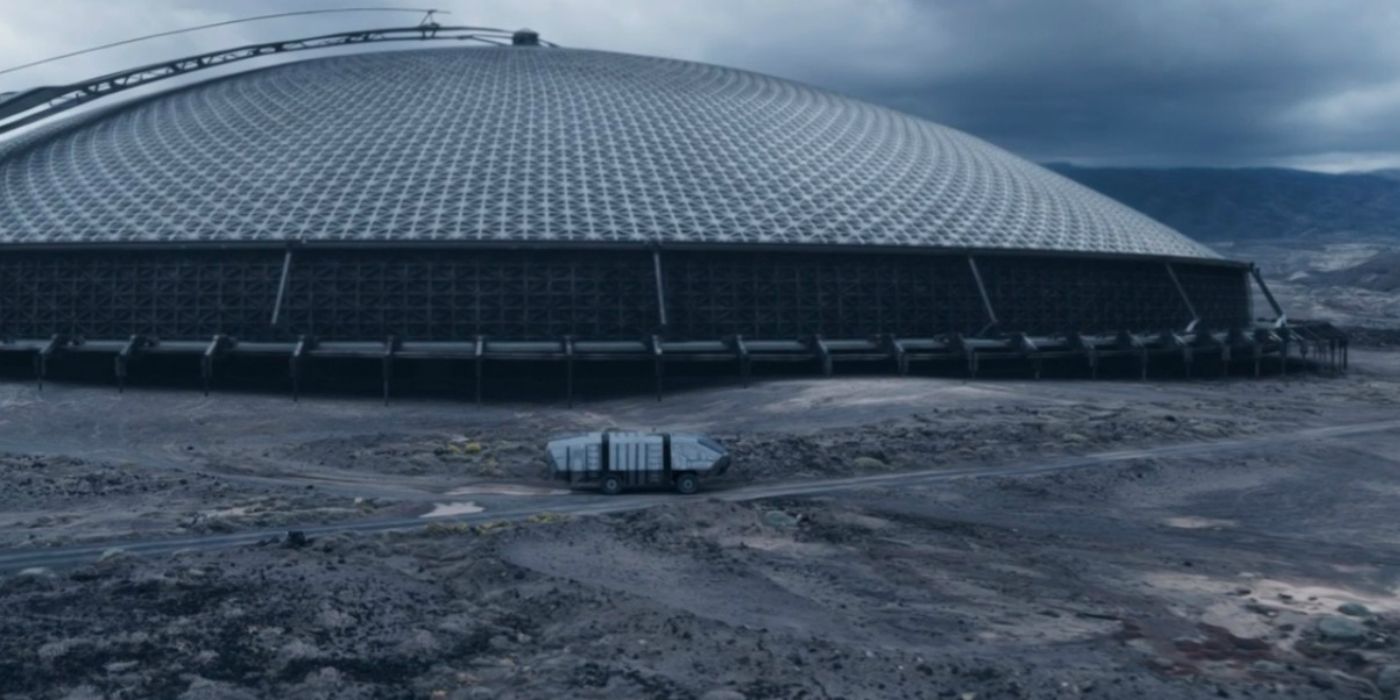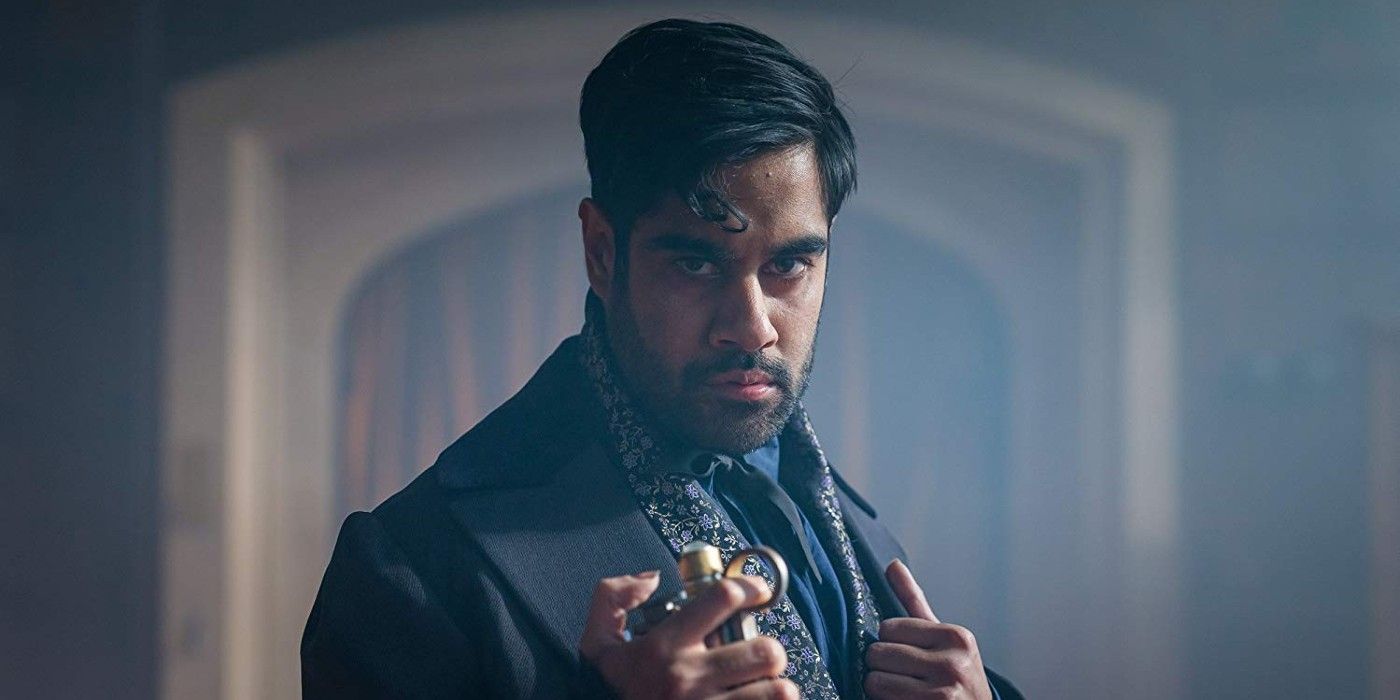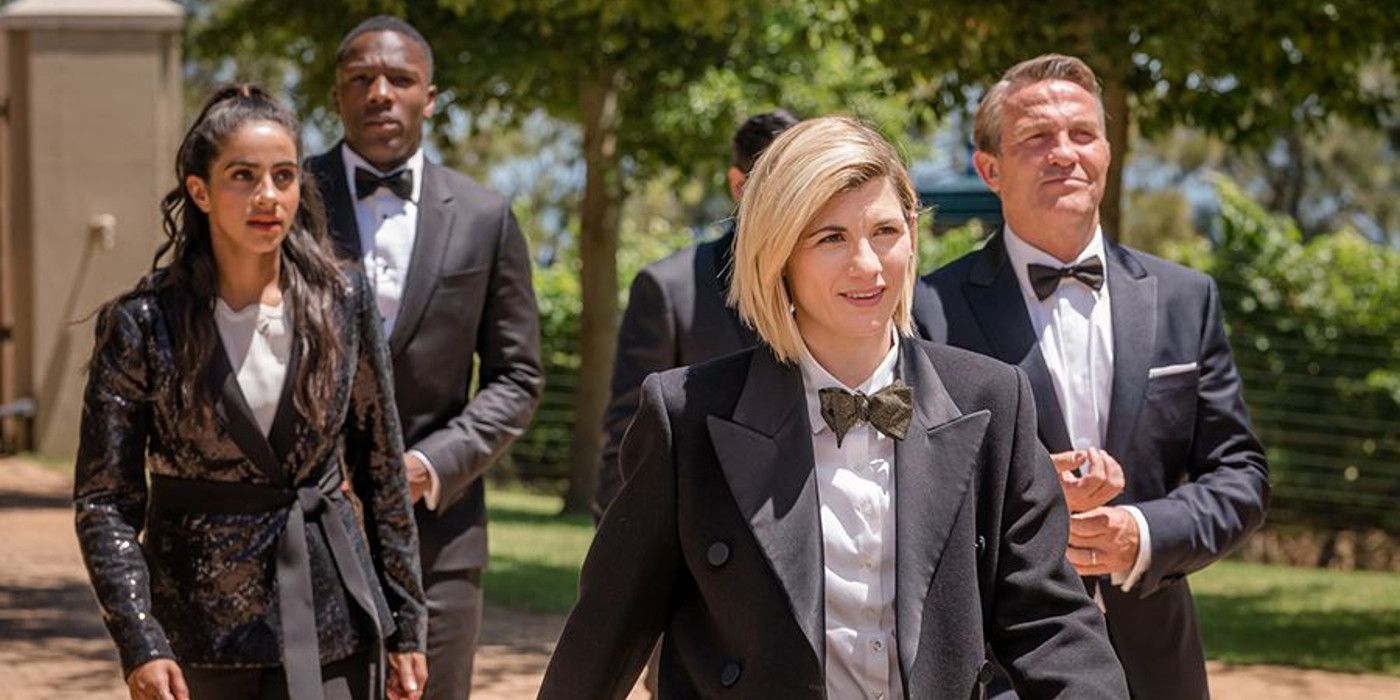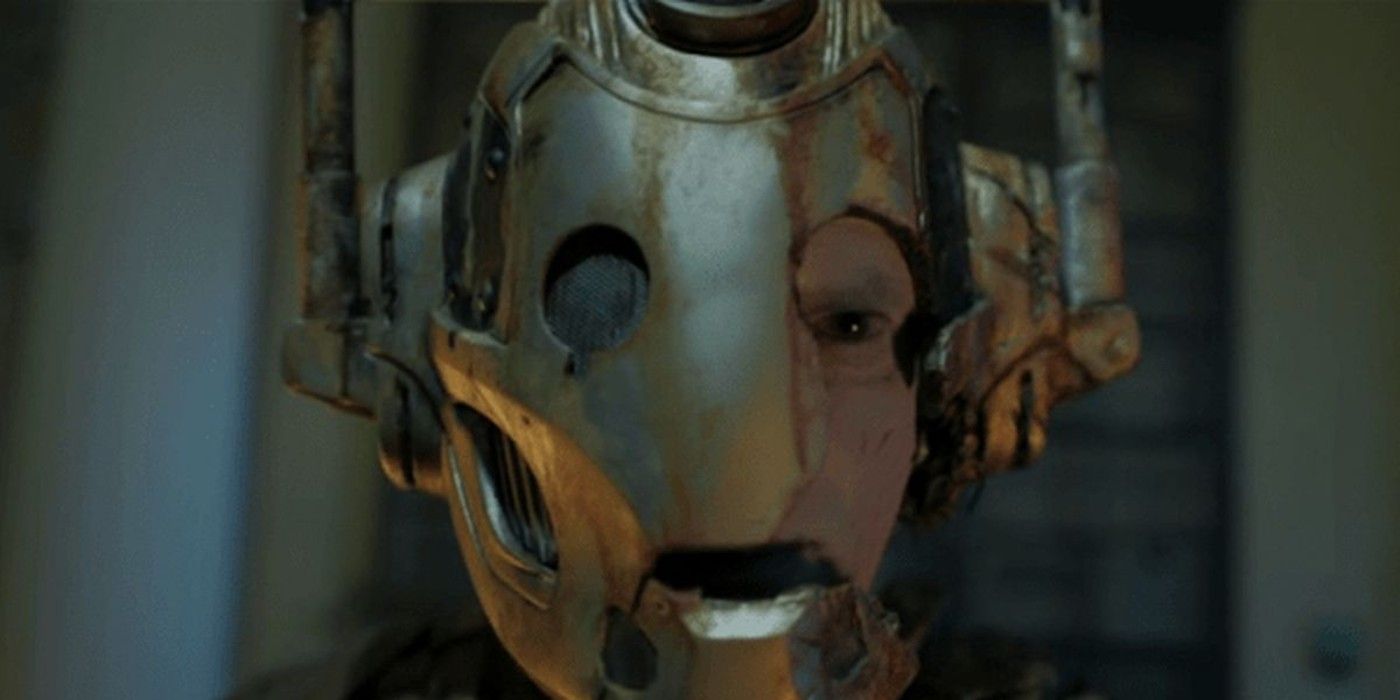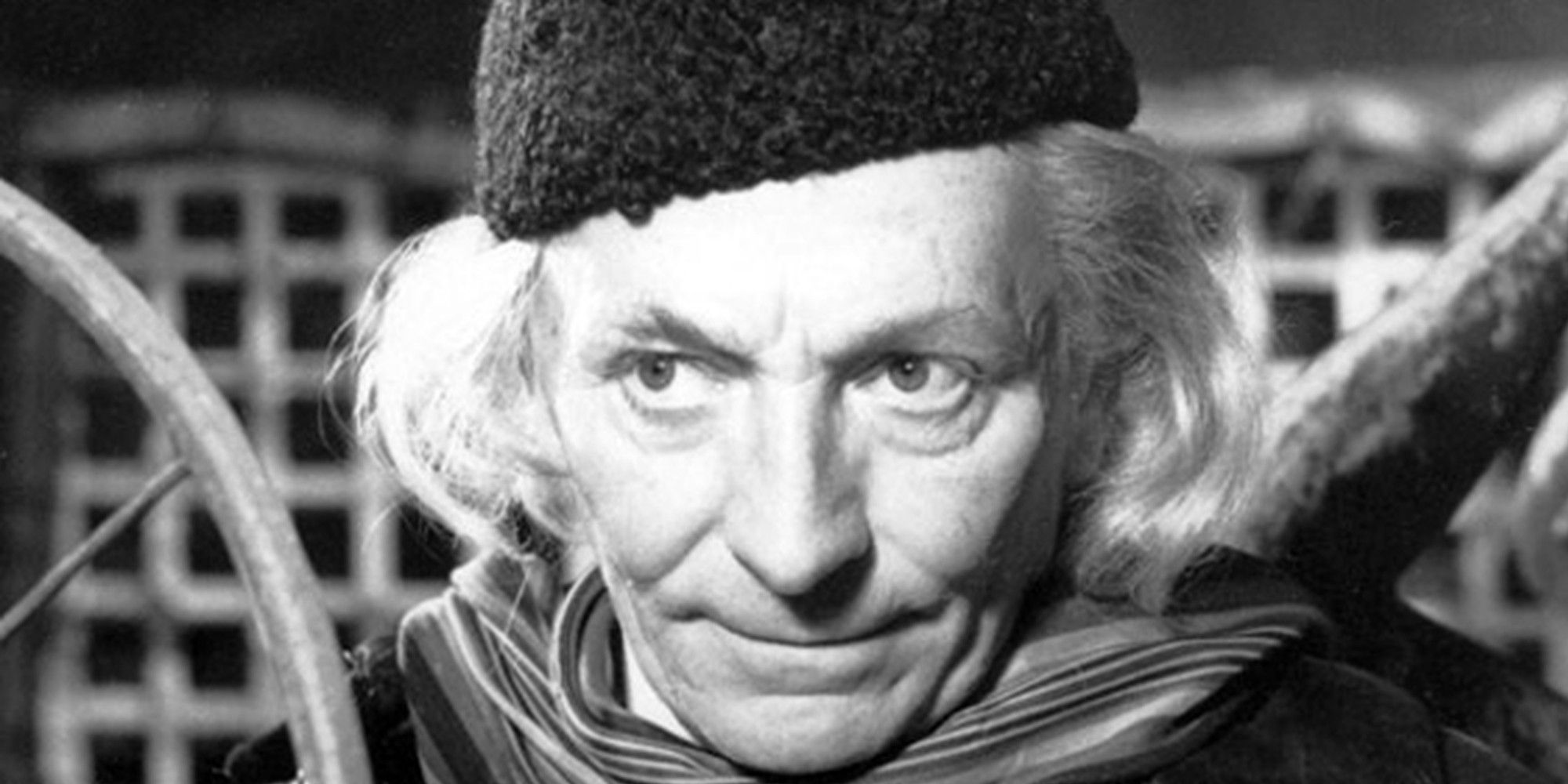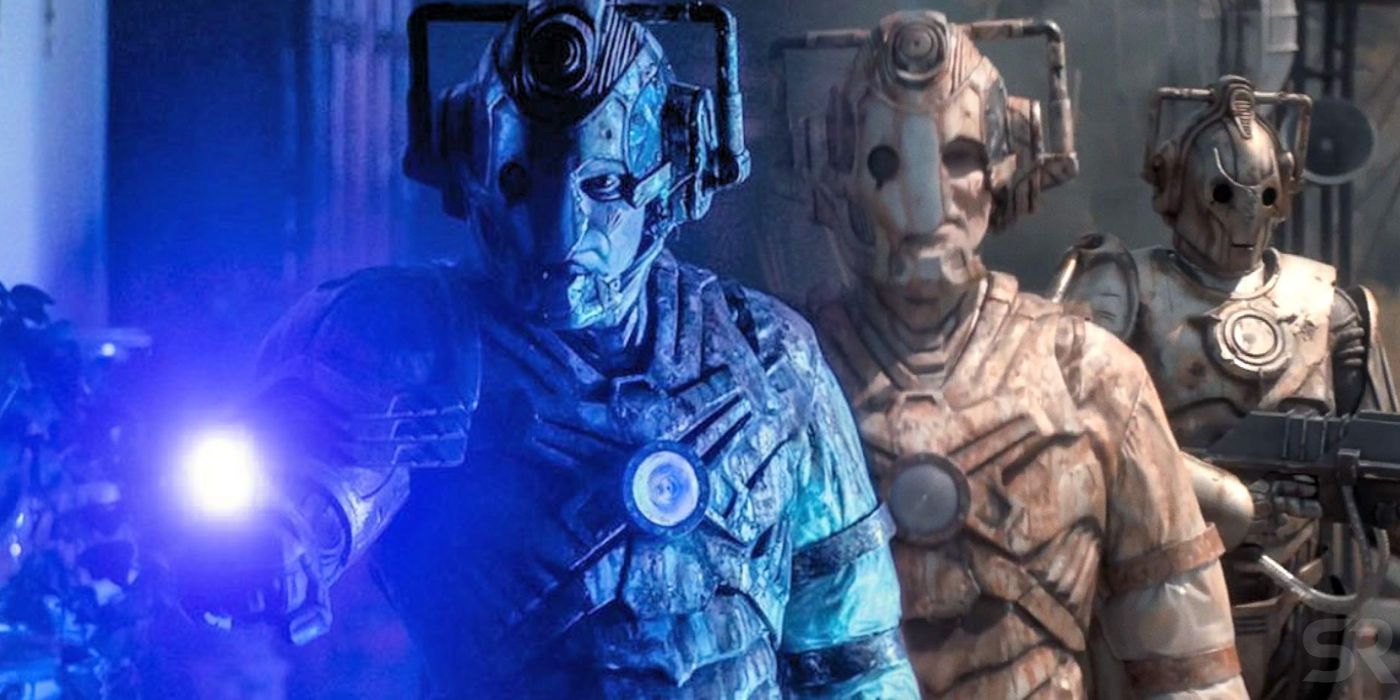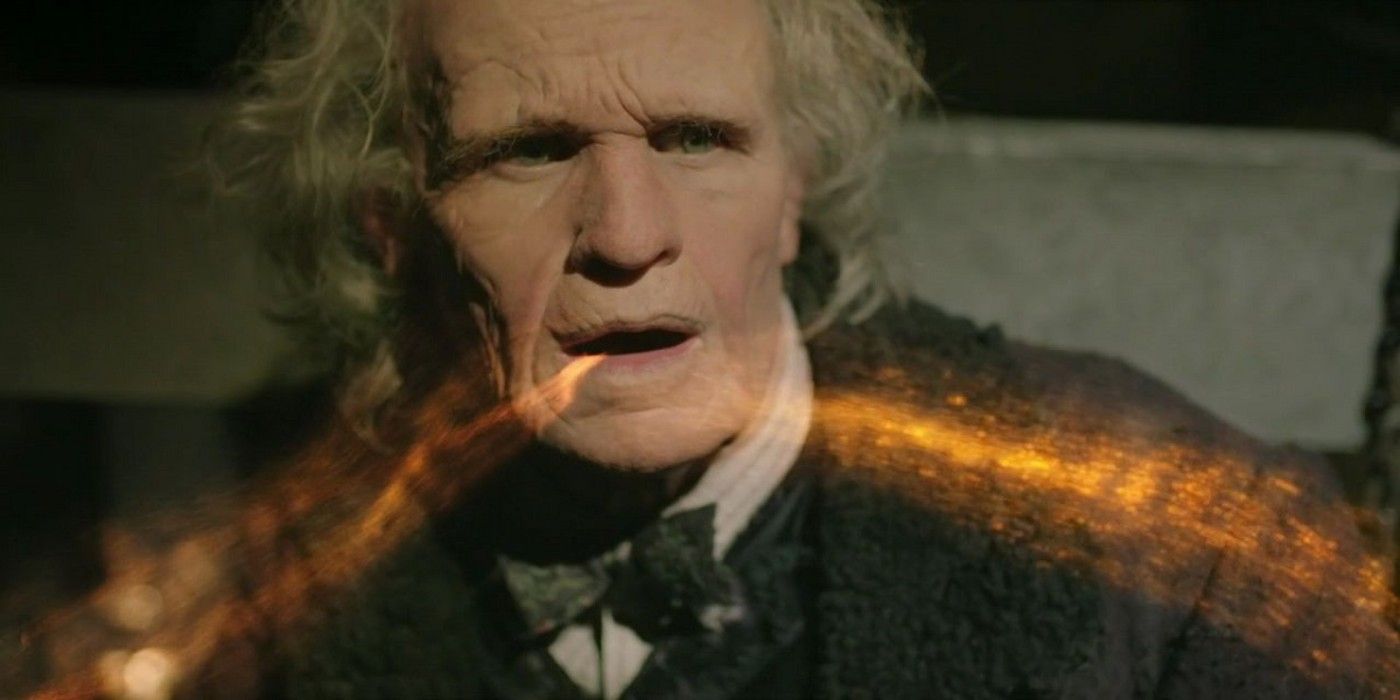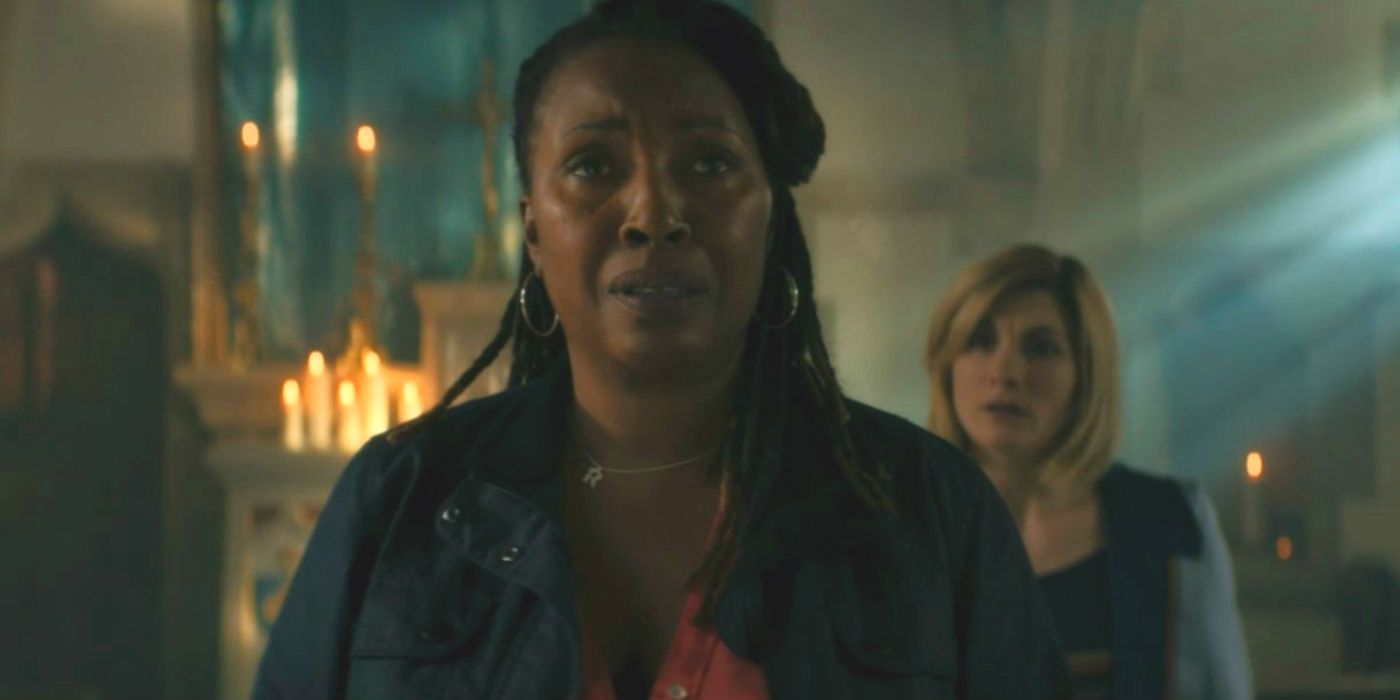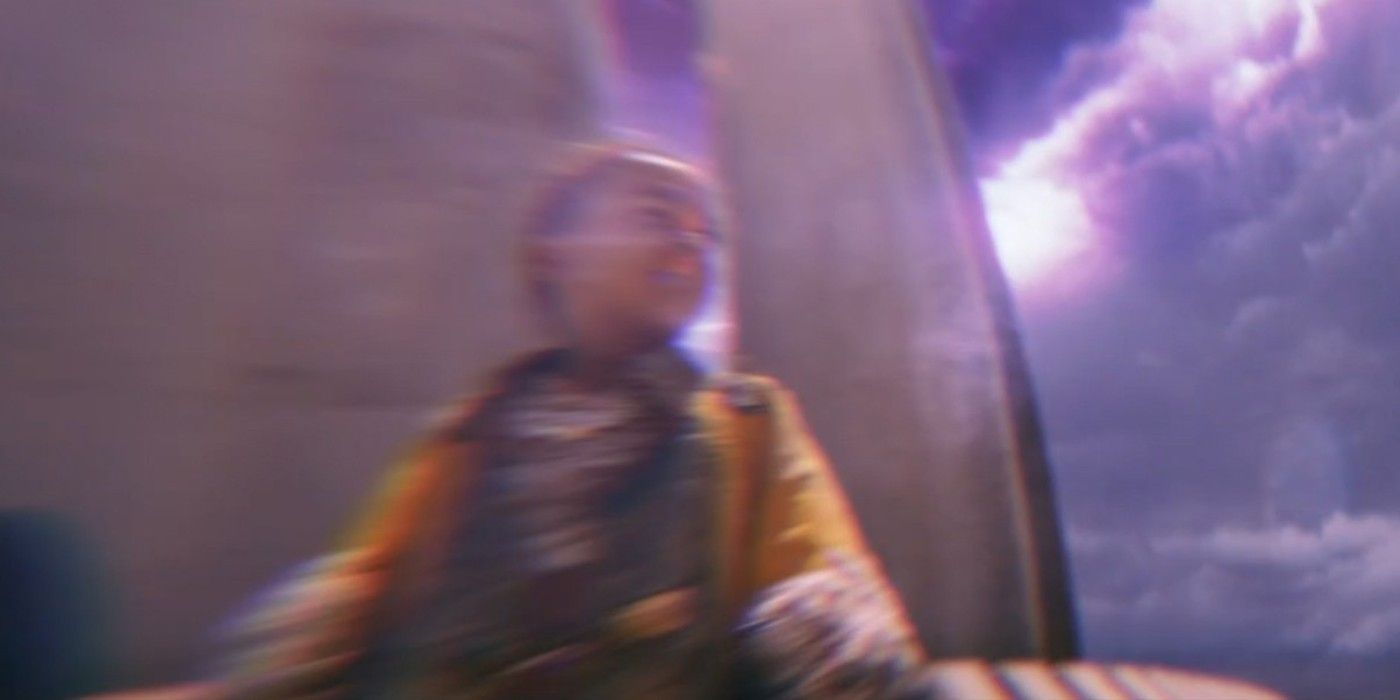BBC's Doctor Who is one of the longest-running, most influential, and iconic TV shows of all time. Since 1963, the series has continued to terrify audiences with its aliens and monsters, charm us all with the various incarnations of the titular Doctor and his companions, and wow us with the beautiful and memorable planets the Doctor would visit on his countless journeys across space and time. Despite the fact that the show has been running for over 50 years, not every season has been successful among fans, and this is true with the last two seasons of Doctor Who, with Series 12 dividing the fanbase right down the middle.
This article will list five things from Series 12 that improved Doctor Who, and five that didn't.
Better: Cinematography
If there's one way that the final two seasons of Doctor Who have objectively improved the show, it is with its cinematography. While the series has generally looked great after the revival in 2005, there is no denying that there was always a small screen style to the show.
However, with the release of Series 11 and 12, Doctor Who adopted a new style of cinematography that made it feel more cinematic in scope than it had done previously.
Not: Orphan 55
While it would be unfair to include one episode on this list, there is more than enough justification to include the universally hated "Orphan 55" episode. Not only did the monster look terrible and rubbery, but the plot was also entirely forgettable.
In addition, while Doctor Who has always made episodes that incorporate a moral or fable, this was always done in a subtle way. However, in "Orphan 55," a speech by the Doctor was thrown in about the importance of climate change and, while this is a vital topic for the world today, it did not fit with the episode as a whole, with the Doctor clearly lecturing the audience and not the other characters.
Better: Sacha Dhawan's Master
One of the best elements about Series 12 was Sacha Dhawan's version of the Master, who managed to capture the gleeful, manic nature of the Master in a manner that is unique to the revival of the show.
Aside from the characterization of Dhawan's Master, there is also a mystery surrounding his incarnation. It hasn't been revealed if this Master is post or pre-Missy, which could become an important plot point in future seasons.
Not: Cringey Humor
Despite the horrors of the Cybermen, Daleks, and Weeping Angels, Doctor Who is a lighthearted show that always manages to include some humorous elements in order to break up the tension. While not every attempt at humor landed well in the past, Series 12 has some particularly memorable examples of cringe humor.
Most of this came in the first two episodes of the series, in which there was a strange attempt at a James Bond parody of sorts that just didn't work.
Better: The Lone Cyberman
Since Captain Jack's appearance in the "Fugitive of the Judoon," the audience has been keeping their eyes open for a Lone Cyberman who was said to demand something of the Doctor. A couple of episodes later we were treated to this villain, a partially converted Cyberman known as Ashad.
Ashad was searching for the Cyberium, a bank of Cyberman knowledge that would help resurrect the Cyber-Empire and win the war for the Cybermen. Aside from this overarching plot, Ashad himself was a compelling and terrifying villain.
Not: First Doctor's Importance
For over 50 years, fans had considered William Hartnell to be the First Doctor; however, the release of the Series 12 finale changed all of this, showing that the Doctor had actually lived for hundreds, if not thousands of years, prior to William Hartnell's incarnation as the Time Lord.
For many fans, this will damage the legacy of William Hartnell as the First Doctor, simply relegating him to being the first on-screen Doctor.
Better: Showing The Cyber War
The Cyber War is something that has been hinted at for decades in Doctor Who, even going back to the Classic Era of the show. However, we hadn't really seen too much of this legendary event in humanity's (and the Cybermen's) distant and bloody future.
That being said, while not showing the whole conflict, Series 12 returned to the Cyber War, showing us far more of the conflict than we had previously seen.
Not: The Regeneration Implication
While Doctor Who has often played fast and loose with its regeneration mythology and its rules, one of the generally universal constants is that a Time Lord can only regenerate 12 times, giving them 13 lives unless Time Lord society grants them another regeneration cycle. This was highlighted in Matt Smith's final story as the Doctor, when he received another cycle of regenerations.
However, Series 12 changed all of this by suggesting that the Time Lord limited the Timeless Child's regenerations to 13 incarnations. Some fans have theorized that this means the Doctor actually has unlimited regenerations.
Better: Ruth Doctor Mystery
One of the greatest episodes, not only of the Chris Chibnall era of Doctor Who, but of the show in general, was "Fugitive of the Judoon." This episode, while not promising any big shocks or surprises, not only gave us a return of Captain Jack Harkness, but also gave us a mysterious and shocking new incarnation of the Doctor.
Both the 13th Doctor and the Ruth Doctor did not recognize each other, which is odd because a future incarnation should remember a past incarnation. This raised the mystery of where in the Doctor's timeline the Ruth Doctor fits. While the final episode of Series 12 hinted that Ruth could be a pre-Hartnell incarnation of the titular Time Lord, this was far from set in stone.
Not: Making The Doctor The Timeless Child
The Timeless Child mystery not only affects the future of the show, but also the history of the show. It rewrites the entire history of the Time Lords as well as the character of the Doctor. The Doctor is no longer just a normal Gallifreyan who joined the Time Lord Academy, became a Time Lord, and then ran away to explore the universe.
Now, the Doctor is the founder of Time Lord society, helping to give the Gallifreyans the ability to regenerate after an explorer from Gallifrey found the Doctor wandering near a mysterious portal. Many fans took issue with this gigantic retcon of the history of the Doctor, and how it changed everything we thought we knew about the character.

